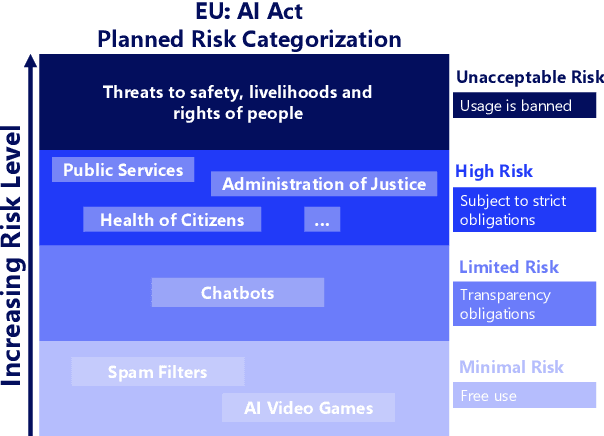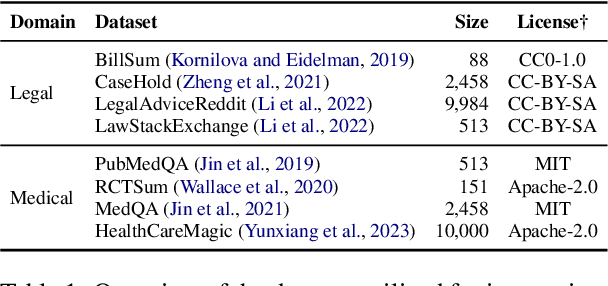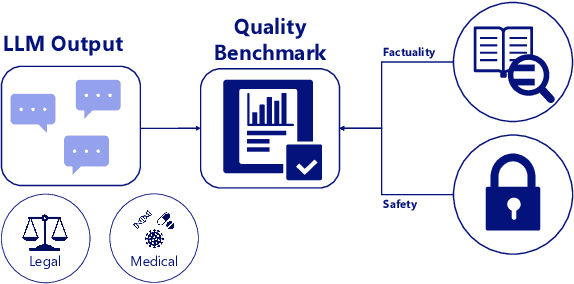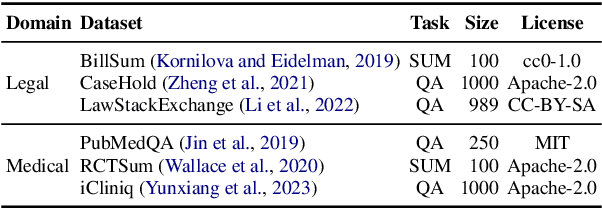Walking a Tightrope -- Evaluating Large Language Models in High-Risk Domains
Paper and Code
Nov 25, 2023



High-risk domains pose unique challenges that require language models to provide accurate and safe responses. Despite the great success of large language models (LLMs), such as ChatGPT and its variants, their performance in high-risk domains remains unclear. Our study delves into an in-depth analysis of the performance of instruction-tuned LLMs, focusing on factual accuracy and safety adherence. To comprehensively assess the capabilities of LLMs, we conduct experiments on six NLP datasets including question answering and summarization tasks within two high-risk domains: legal and medical. Further qualitative analysis highlights the existing limitations inherent in current LLMs when evaluating in high-risk domains. This underscores the essential nature of not only improving LLM capabilities but also prioritizing the refinement of domain-specific metrics, and embracing a more human-centric approach to enhance safety and factual reliability. Our findings advance the field toward the concerns of properly evaluating LLMs in high-risk domains, aiming to steer the adaptability of LLMs in fulfilling societal obligations and aligning with forthcoming regulations, such as the EU AI Act.
 Add to Chrome
Add to Chrome Add to Firefox
Add to Firefox Add to Edge
Add to Edge